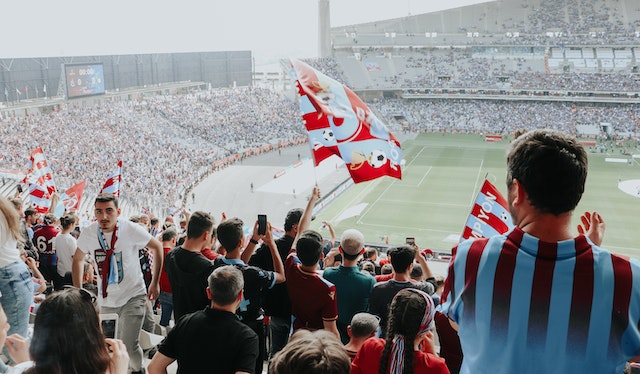During international soccer tournaments, teams often require special accommodations in order to perform at their best. These accommodations can range from specific diet and nutrition plans to tailored training facilities and support staff.
Furthermore, teams may also require assistance with travel arrangements, such as language translators and transportation logistics. These special accommodations are crucial in ensuring that teams can focus solely on their performance and have the best possible chance of success in the tournament.
Accommodations for Teams
When it comes to international tournaments, teams have unique requirements and demands that need to be met in order for them to perform at their best. These special accommodations are essential for ensuring the comfort, safety, and overall well-being of the team. From travel arrangements to training facilities, security measures to communication and connectivity, there are several aspects that need to be taken into consideration when accommodating teams during international tournaments.
Purpose of accommodations
The purpose of providing accommodations for teams during international tournaments is twofold. Firstly, it is important to create an environment in which the team can focus on their performance and the competition ahead. By having all their needs catered to, teams can eliminate any potential distractions and fully immerse themselves in their game. Secondly, these accommodations aim to ensure the physical well-being of the team. From providing comfortable living arrangements to offering access to medical facilities, the goal is to keep the team in optimal condition throughout the tournament.

Types of accommodations
Accommodations for teams during international tournaments can be categorized into several different types. This includes travel arrangements, hotel arrangements, training facilities, security measures, communication and connectivity, privacy and confidentiality, logistical support, off-field activities, and special requests and requirements.
Allocation of accommodations
The allocation of accommodations for teams during international tournaments is a crucial process that requires meticulous planning and coordination. The tournament organizers, along with the team management, work together to identify the specific needs and preferences of the team. This is followed by making the necessary arrangements to ensure that the accommodations meet all the requirements of the team. It is important to strike a balance between the logistical challenges and the comfort and convenience of the team.
Travel Arrangements
Transportation
One of the key aspects of providing accommodations for teams during international tournaments is arranging their transportation. Whether it is domestic or international travel, teams need a reliable and efficient means of transportation to get them to their destination. This often involves booking flights or arranging for buses or vans to transport the team from the airport to their hotel and to the tournament venues.
Visa arrangements
Another important consideration when it comes to travel arrangements is the visa requirements for the team. As teams usually consist of players and staff from various countries, it is crucial to ensure that everyone has the necessary visas to enter and stay in the host country. Tournament organizers often assist teams in obtaining the required visas by providing the necessary documentation and liaising with the relevant authorities.
Baggage allowances
Teams traveling to international tournaments often have a significant amount of equipment and supplies that need to be transported. From sports gear to medical supplies, it is important to allocate appropriate baggage allowances to accommodate the team’s needs. This ensures that all the necessary items are readily available for the team throughout the tournament.
Accommodations for Players
Hotel arrangements
One of the main components of providing accommodations for teams during international tournaments is arranging their hotel accommodations. The selected hotels should be conveniently located in close proximity to the tournament venues to minimize travel time and allow for easy access. Additionally, the hotels should offer comfortable and well-equipped rooms to ensure that the players have an enjoyable and restful stay.
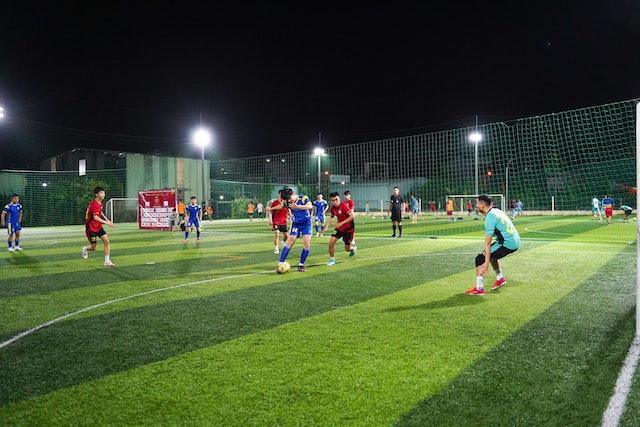
Room configurations
When arranging hotel accommodations for teams, it is essential to consider the room configurations that would best suit their needs. Teams often require multiple rooms to accommodate the players, coaches, and other staff members. Depending on the team’s preferences, these rooms may need to be located close to each other or have specific amenities such as a common area for team meetings or a dedicated space for recovery and relaxation.
Dietary preferences
Another important aspect of accommodating teams during international tournaments is catering to their dietary preferences. Players often have specific dietary requirements, whether it be due to allergies, cultural or religious beliefs, or personal preferences. It is crucial to work closely with the team to ensure that their dietary needs are met, both at the hotel and at the tournament venues. This may involve coordinating with catering services or providing access to kitchen facilities for the team to prepare their own meals.
Training Facilities
Access to training grounds
Providing teams with access to suitable training grounds is vital for their preparation and performance during international tournaments. The training grounds should mirror the conditions and facilities that will be available at the tournament venues. This allows the team to acclimatize and adapt to the playing conditions, as well as fine-tune their strategies and tactics. The training grounds should be easily accessible from the team’s accommodation and provide the necessary amenities, such as locker rooms and equipment storage.
Availability of equipment
In addition to access to training grounds, teams require access to a wide range of equipment to support their training and preparation. This includes sports equipment, training aids, and any specialized equipment that the team may require. It is important to ensure that all necessary equipment is available and in good condition, as this directly impacts the team’s ability to train effectively and maximize their performance.
Physical therapy and medical facilities
During international tournaments, teams often require access to physical therapy and medical facilities for injury prevention, treatment, and rehabilitation. Providing teams with access to qualified medical professionals and well-equipped facilities is crucial for their overall well-being. This ensures that any injuries or ailments are addressed promptly, allowing players to recover and perform at their best. Additionally, teams may also require access to facilities for fitness training and recovery, such as gyms and spa facilities.
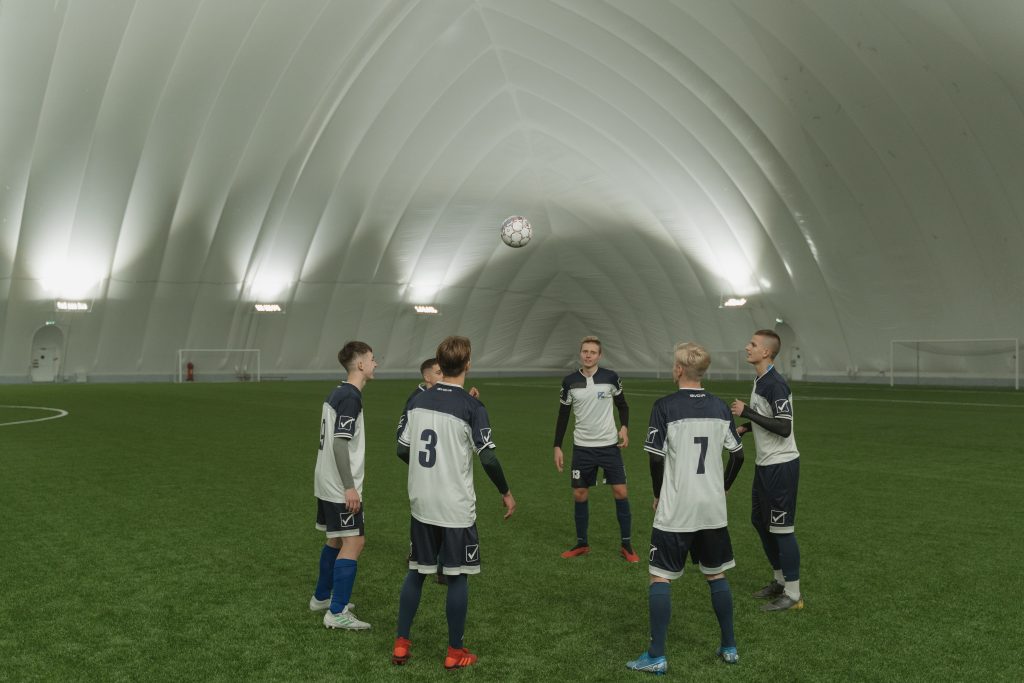
Security Measures
Team security
Ensuring the safety and security of teams during international tournaments is of utmost importance. This includes implementing measures to protect the team from external threats, such as unauthorized access to team areas or potential security breaches. Providing teams with dedicated security personnel who are trained to handle security-related issues can help create a secure environment for the team to focus on their performance.
Escort services
Teams often require escort services to ensure their safe and efficient movement from one location to another. This may involve providing escorts for transportation to and from the airport, as well as for traveling to and from the tournament venues. These escorts not only provide security but also assist with navigation and logistics, ensuring that the team arrives at their destinations on time and without any complications.
Venue security
In addition to team security, tournament organizers are responsible for implementing comprehensive security measures at the tournament venues. This includes thorough security checks, bag screenings, and crowd control measures to ensure the safety of players, officials, and spectators. Venue security should be vigilant and proactive in preventing any potential threats or disturbances, allowing for a secure and enjoyable experience for all involved.
Communication and Connectivity
Access to communication devices
During international tournaments, teams need to maintain constant communication both within their own team and with external parties. This requires access to reliable communication devices, such as mobile phones or radios. Providing teams with these devices ensures effective communication and enables teams to stay updated on any changes or important information regarding the tournament.
Internet facilities
In today’s digital age, access to the internet is crucial for teams during international tournaments. From checking emails to accessing online resources and analyzing opponents’ tactics, internet facilities play a vital role in the team’s preparation and performance. Tournament organizers should ensure that teams have access to reliable and secure internet connections, both in their accommodations and at the tournament venues.
Translation services
Teams from different countries often face language barriers during international tournaments. To facilitate effective communication, providing translation services can be extremely beneficial. This can include arranging for interpreters or providing translation devices that allow for real-time translation. By removing language barriers, teams can communicate more effectively with officials, organizers, and other teams, enhancing their overall experience and performance.
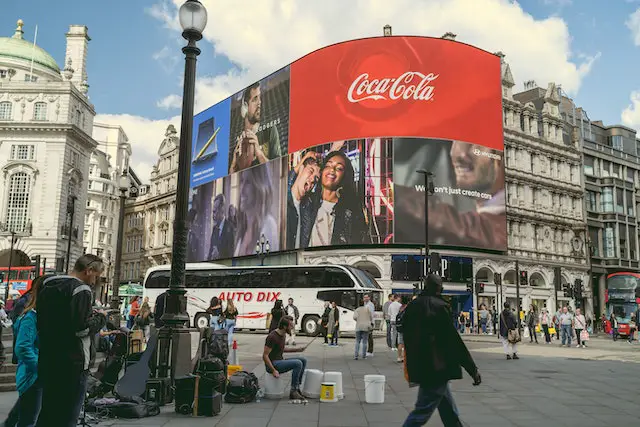
Privacy and Confidentiality
Secure team areas
During international tournaments, teams require secure areas where they can conduct team meetings, analyze game footage, and discuss strategies and tactics. These areas need to be protected from unauthorized access to ensure the privacy and confidentiality of team discussions. Implementing access control measures, such as key cards or security personnel, can help create secure team areas and maintain confidentiality.
Confidentiality agreements
To further protect the privacy and confidentiality of teams, it is advisable to have confidentiality agreements in place. These agreements ensure that information shared within the team remains confidential and cannot be disclosed to external parties without consent. This helps create a sense of trust and security within the team, allowing for open and honest discussions without the fear of sensitive information being leaked.
Media interactions
Teams participating in international tournaments often have media obligations, such as press conferences and interviews. While these interactions are important for promoting the tournament and the team, they can also pose risks to privacy and confidentiality. Establishing guidelines and protocols for media interactions can help strike a balance between the team’s privacy and the media’s need for access. This can involve designated press areas, controlled media access, and restrictions on certain sensitive topics.
Logistical Support
Local transportation
Providing logistical support for local transportation is crucial for teams during international tournaments. Whether it is arranging transportation to and from the tournament venues, sightseeing trips, or team outings, having reliable and efficient transportation options ensures that the team can move around conveniently and on schedule. This can involve booking buses, vans, or even providing dedicated drivers for the team’s transportation needs.
Arrangements for team officials
In addition to the players, team officials also require logistical support during international tournaments. This includes arranging accommodations, transportation, and any other necessary arrangements for the coaching staff, medical personnel, and other support staff. By ensuring that team officials have everything they need, the team can function smoothly and efficiently, allowing for optimal performance during the tournament.
Scheduling and coordination support
With the busy schedule of international tournaments, teams often require assistance in scheduling and coordination. This involves managing the team’s training schedule, coordinating their arrival and departure times, and organizing any off-field activities or team events. Having dedicated personnel who can efficiently handle the logistical aspects of the team’s participation in the tournament allows the team to focus solely on their performance.
Off-field Activities
Tourist attractions
International tournaments provide teams with the opportunity to explore and experience the host country’s culture and attractions. Organizing sightseeing trips or recommending tourist attractions can enhance the overall experience for the team. This not only allows them to unwind and relax but also promotes cultural exchanges and a greater appreciation for the host country.
Cultural exchanges
International tournaments often bring together teams from different countries, providing a unique opportunity for cultural exchanges. Facilitating interactions between teams, such as friendly matches, joint training sessions, or cultural events, can foster mutual understanding, respect, and camaraderie. This enriches the tournament experience for the teams, creating lasting memories and promoting goodwill among participants.
Recreational facilities
During their downtime, teams often require access to recreational facilities to relax and engage in leisure activities. This can include facilities such as swimming pools, fitness centers, or game rooms. By providing recreational facilities, teams can unwind and recharge, both physically and mentally, ensuring that they are fully prepared for their upcoming matches.
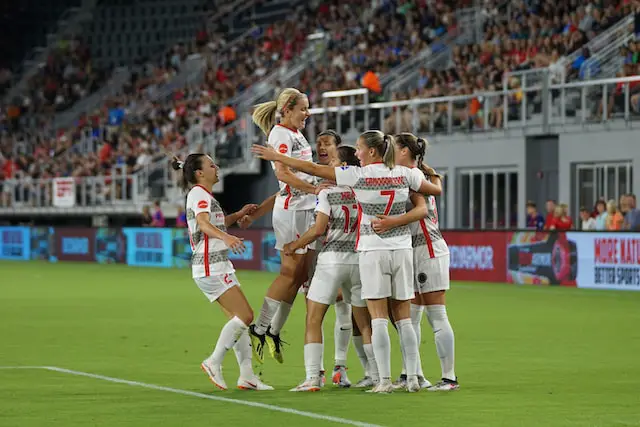
Special Requests and Requirements
Religious accommodations
Teams may have specific religious accommodations that need to be considered during international tournaments. This can include providing designated prayer rooms, arranging for religious ceremonies or rituals, and accommodating dietary requirements dictated by religious beliefs. Respecting and accommodating these requests allows teams to feel supported and valued, contributing to a positive team environment.
Medical conditions
Teams may have players or staff members with pre-existing medical conditions that require special attention and accommodations. This can involve arranging for specialized medical equipment, providing access to medical professionals, or ensuring that medical facilities are readily available. By addressing these medical needs, teams can ensure the well-being and safety of all individuals involved.
Special equipment requests
Teams may have special equipment requests that are necessary for their training or performance during international tournaments. This can range from specialized sports gear to high-tech training tools. The tournament organizers should strive to meet these requests to accommodate the team’s unique requirements and optimize their performance.
Conclusion
In conclusion, providing accommodations for teams during international tournaments is a multifaceted task that involves careful planning, coordination, and attention to detail. From travel arrangements to training facilities, security measures to communication and connectivity, several aspects need to be considered to create an optimal environment for the teams.
By meeting the specific needs and preferences of the teams, tournament organizers can ensure that the teams are able to focus on their performance and achieve success on the international stage.

